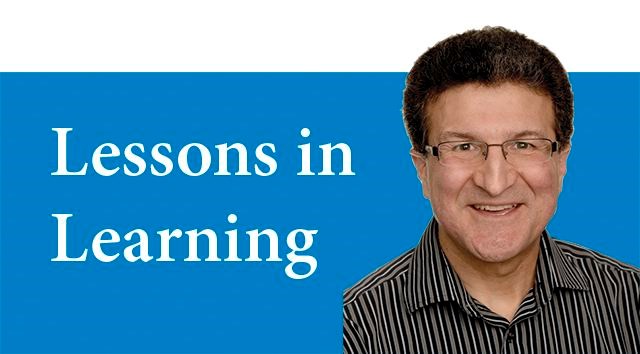As a German teacher, I have been watching from a distance as Germany has evolved as a country after the horrors of the first half of the 20th century. The "can do" attitude prevalent in that nation has made it not only an economic powerhouse, but true world leader in the most positive sense of the term.
While certain individuals tried to shirk responsibility for the Holocaust, Germany as a nation never did so. Perpetrators of genocide almost always deny their crimes, but Germany has made Holocaust denial a federal crime. It is taught in schools and it always seems to be on the mind of German citizens.
The remodeled parliament building in Berlin has a glass dome on top and a walkway with mirrors pointing downward so that citizens can look into their legislative assembly. Transparency in government is far more than symbolic in Germany today. Freedom of the press, one of the first freedoms destroyed by the Nazis, is sacred to Germans today.
For many years, Germany has been one of the pillars of the European Union. They were a key force in bringing this union together, and they have made tremendous financial sacrifices to hold it together through numerous crises. Today we are amazed to see a continent where border crossings are virtually insignificant, especially considering where we were a few generations ago.
In addition, it can be argued that no other nation felt the separation of the Cold War as deeply as Germany did. Their country was divided in two and separated by a wall. Germans always hoped to be reunited, and in November of 1989, it was as if their will as a people finally succeeded in tearing down this barrier and reuniting their country.
We often forget, however, that reunification came with significant cost. West Germans paid heavily through taxation. In addition, 40 years of separation into two economic and social ideologies that were as different as a Mercedes is from a Trabant (the unreliable, plastic, East German cars) created an invisible wall. It has taken years for East and West Germans to come together as one people, and perhaps it is not yet fully accomplished.
The greatest indication of how far Germany has progressed, however, is personified in its leader, Angela Merkel. The Guardian newspaper has called her "The World's Most Powerful Woman." Not only is she a woman, she is a former East German leading a traditionally West German political party.
Merkel is clearly a person of courage. She has put her political future on the line by bringing forward numerous controversial measures, the greatest of which was allowing one million Middle Eastern refugees into Germany. Today, one in eighty residents in that country is a recent refugee. The mere cost of helping this many people resettle is astounding.
In addition, they were not screened as thoroughly as refugees allowed into most other countries, so Germany has more than its share of problem immigrants. Some, who may well be supporters of Daesh, have committed crimes and created fear for many Germans. This is a problem that is difficult to solve.
Yet Merkel's government sees the big picture. Germany's birthrate remains very low, despite some of the most generous parental benefits in the world. If its economy is going to continue to grow and still support an aging population, it needs workers.
Whether or not Merkel's government wins the next federal election is highly uncertain. That is a decision the German people will have to make. What is certain, however, is that, as Merkel herself said to her people, "we can do this."
Germany will work through this crisis as it has worked through every other challenge it has faced in recent history. It will become a better, stronger, and more compassionate country, and it will hopefully continue to show the rest of the world what real leadership looks like.



